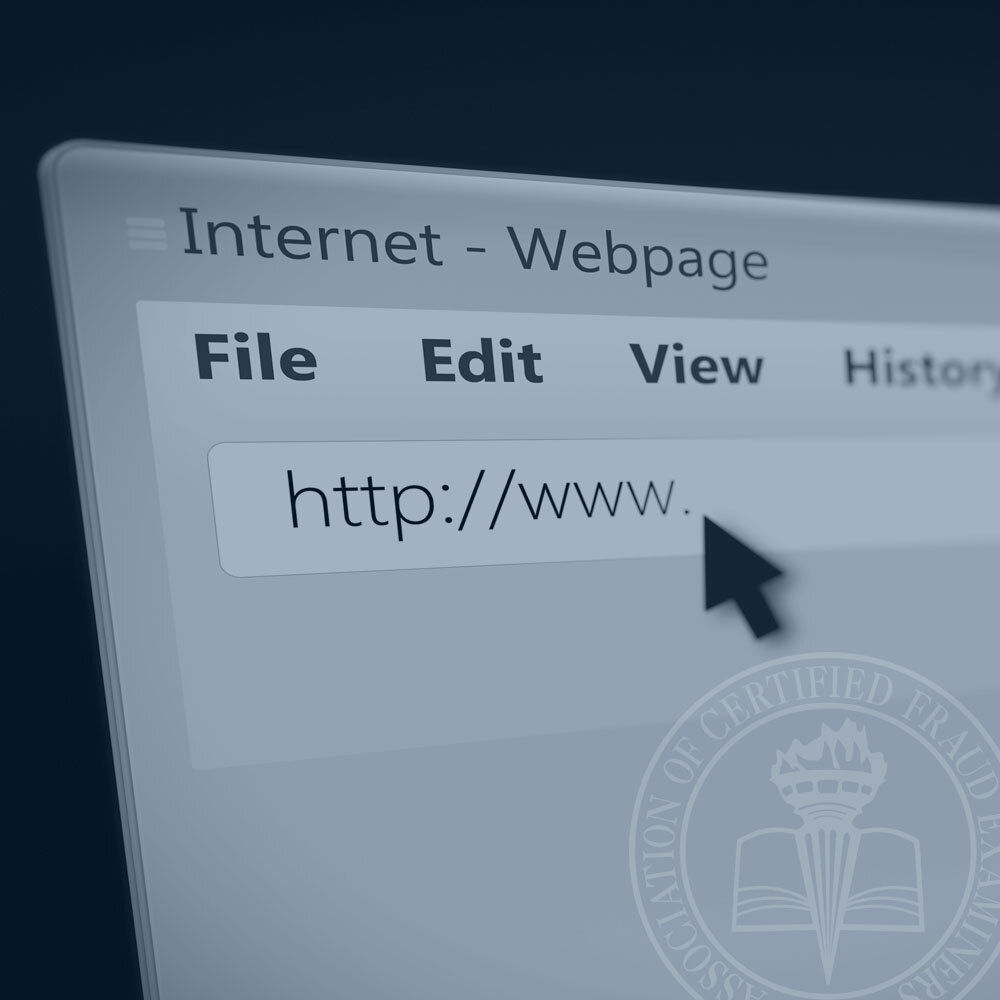Millions Embezzled from University Takes X-Rated Turn
/GUEST BLOGGER
Mason Wilder, CFE
ACFE Senior Research Specialist
A fraud case tied to education took some odd twists into the internet’s adult content industry, highlighting financial crime risks that are frequently overshadowed, and understandably so, by concerns related to other illegal activities.
Ralph Puglisi, a 59-year-old accounting manager for a nonprofit organization, University Medical Service Association (UMSA), that supports the University of South Florida’s health care entities, used his oversight of credit cards to embezzle at least $12.8 million over approximately six years. Many of Puglisi’s reported expenditures bore the hallmarks of a fraudster living lavishly off the proceeds of fraud: payments to a company he and his wife owned, personal travel, household improvements, cellphone bills, a family member’s rent, Virgin Islands personal real estate attorney fees, a family member’s wedding costs and a payment to his wife’s Paypal account were among the highlights.
These expenses only amounted to a small fraction of the total fraud. The vast majority ($11.5 million) of the charges he authorized using his authority went to a less traditional source for massive occupational fraud schemes: an adult content website (Mygirlfund.com) that allows users to “donate” credits they’ve bought to people with profiles on the site. On the surface, it might seem like Puglisi used his employer’s resources to fund some sort of sex addiction habit.
Investigators discovered that Puglisi frequented the profile of one Canadian woman for whom he paid more than $65,000 for three trips to Orlando and charges at Disney World Resorts, although that was not the profile or website user Puglisi interacted with the most. That honor belongs to a woman believed to be his stepson’s fiancée, whose profile he visited more than 2,800 times over two years, which suggests a significant familial conflict of interest that would make for an awkward Thanksgiving dinner this year.
However, investigators reportedly discovered an Excel spreadsheet showing that the two split more than $740,000 that the woman received in “profits” from the site, presumably left over from the fees collected by Mygirlfund.com and what they set aside for her tax obligations from the $1.3 million that was “donated” to her by Puglisi. He reportedly kept 60% of the “profits.”
If the report prepared by the forensic accountants engaged by USMA to investigate the fraud is correct, that means Puglisi caused $1.3 million to be paid by USMA to receive only a little more than $446,000 in kickbacks. Not exactly the most efficient method of embezzling and laundering money, but still almost $450,000 than he earned from his salary and benefits. The sum also raises the question of what happened to the other $10.2 million or so of USMA’s funds he spent on the website? Were there other girls participating in this kickback money laundering scheme? Are there any other family members with partners on the site?
The public will probably not find out the answer to that question, as Puglisi recently pleaded guilty to only one count of mail fraud in federal court, related to a single check for $18,953 mailed to him from the woman believed to be his stepson’s fiancée in November 2019. At the time of the plea, Puglisi’s attorney did not know if more criminal charges were coming.
While the legal consequences remain unclear, with the prospect of additional criminal or civil charges on the horizon, the professional consequences have been very clear. Puglisi, USMA’s director of financing (Puglisi’s supervisor) and its internal auditor were all fired by USMA.
The adult content website industry is fraught with concerns over illegal activity, from exploitation of minors, human trafficking and prostitution, to financial crimes such as tax evasion, fraudulent chargebacks and money laundering. The more serious of these concerns recently led to Visa and Mastercard no longer processing payments to the website Pornhub. Australian law enforcement and financial intelligence units stated they were monitoring the popular OnlyFans site for financial crime, and the FBI is allegedly conducting a “sprawling” investigation of OnlyFans and its owner, Leonid Radvinsky.
Despite these documented concerns, most fraud examiners probably aren’t considering adult content websites as potential methods of money laundering when investigating fraud. In this case, even looking for indications of USMA credit card charges going to adult content websites or the companies that own them wouldn’t have led fraud examiners to the money laundering; Puglisi apparently used company cards to purchase Vanilla Visa gift cards that he used to buy credits on Mygirlfund.com. So, even if a company was preventing approvals of company card charges on adult content websites this fraud wouldn’t have been prevented, if they weren’t also preventing the purchase of gift cards.
Over and over again, fraudsters find creative, new methods for exploiting vulnerabilities in controls or using industries outside the realm of traditional fraud and money laundering patterns. They also use newer technologies, such as adult content websites that allow users to “tip” or “donate” to profiles, or technologies such as cryptocurrencies and digital assets. Fraud examiners need to try and match their creativity when exploring fraud theories and stay as up-to-date as they can on cases like this with novel money laundering methods.
